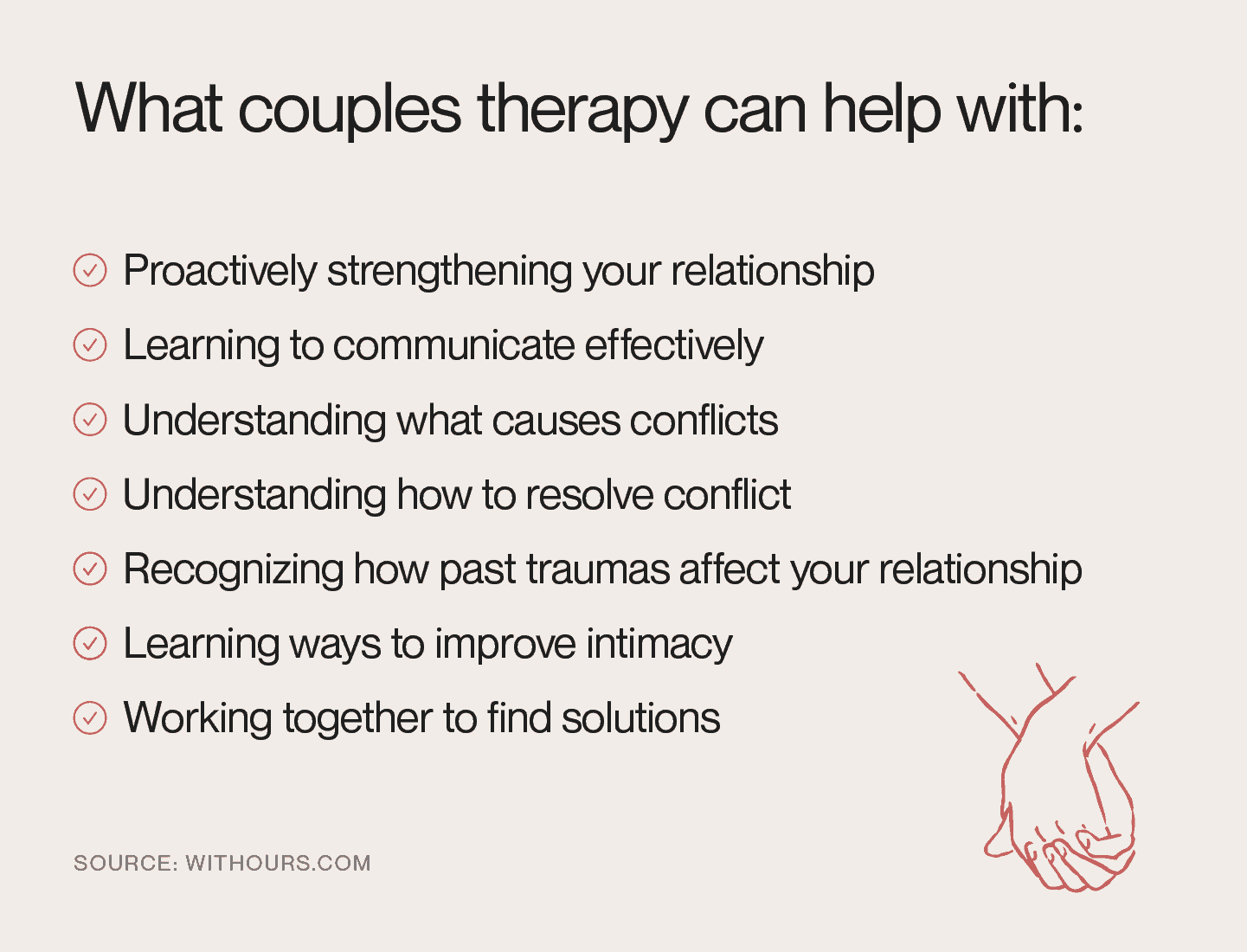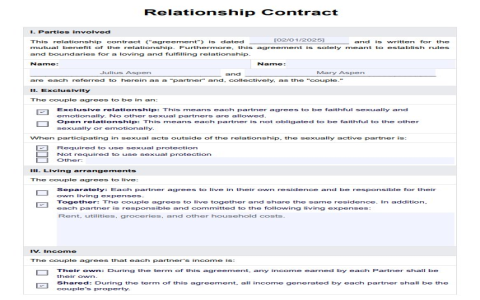So, things between me and my partner, they weren’t always smooth sailing, you know? We hit a point where it felt like we were just talking past each other, or worse, just getting louder and angrier. It was exhausting, and honestly, pretty miserable. We knew we had to figure something out, or we were just gonna keep going in circles, or maybe even drift apart for good. That wasn’t what either of us wanted.

Figuring Out a Starting Point
We weren’t quite ready to dive into full-blown couples therapy, maybe a bit scared, maybe a bit stubborn. But we did start poking around, reading a few things, and just generally trying to get a handle on how to even begin to communicate better. It felt like we needed some kind of framework, but something simple, something we could actually do without feeling like we were in a textbook.
So, we sat down one evening, not when we were mad, which was key, and decided to try and hash out some basic ground rules for ourselves. Just a few simple things to try and make those tough conversations a little less like walking through a minefield.
Our Simple Rules We Tried to Stick To
Here’s what we landed on. Nothing groundbreaking, just stuff that made sense to us at the time:
- No Name-Calling or Blaming. This was a big one. Sounds obvious, right? But when you’re heated, it’s amazing what can fly out of your mouth. We made a pact to try and focus on the issue, not attack each other. So, instead of “You’re so lazy!”, we’d aim for something like, “I feel overwhelmed when the chores pile up.” Still working on perfecting this, not gonna lie.
- “I” Statements. This ties into the no-blaming thing. Trying to talk about how I felt, or what I needed, instead of pointing fingers and saying “You always…” or “You never…”. This was surprisingly hard to get used to, but man, it changed the tone of things when we got it right.
- One Person Talks, The Other Really Listens. We agreed to try and stop interrupting each other. Let the other person finish their thought, even if we were bursting to jump in. Sometimes we’d even consciously pause and say, “Are you finished?” before we spoke. Felt a bit formal at first, but it helped.
- Time-Outs Are Okay. If things got too intense, either of us could call a “time-out.” No shame in it. Go take a walk, get a drink of water, just cool off for 10-15 minutes. Then, we’d agree to come back and try again, or schedule a time to revisit it when we were both calmer. This saved us from a lot of explosions.
- Agree to Disagree (Sometimes). We realized we weren’t always going to see eye-to-eye on everything, and that’s okay. Sometimes, the goal wasn’t to “win” the argument, but to understand the other person’s point of view, even if we didn’t agree with it.
Putting It Into Practice (The Messy Part)
Okay, so having rules is one thing. Actually using them when you’re upset is a whole other ball game. The first few times we tried, it was clumsy. We’d forget. Someone would slip up, an old habit would kick in. We’d call each other out, sometimes gently, sometimes not so gently, “Hey, remember rule number one?”
There were definitely moments of frustration. Times when it felt like we were just going through motions. But we kept trying. The time-outs were probably the most immediately helpful. Just stepping away before things escalated really did wonders. And slowly, very slowly, the “I” statements started to feel a bit more natural.

We also made a point to acknowledge when the other person was making an effort, even if the conversation was still tough. A simple “Thanks for listening” or “I appreciate you trying to see my side” went a long way.
What We Found Out
It wasn’t a magic fix. These simple rules didn’t suddenly make all our problems disappear. But what they did do was change how we dealt with our problems. It made our difficult conversations more constructive, or at least less destructive. We started to feel a bit more like a team trying to solve a problem, rather than two opponents in a ring.
It’s an ongoing practice, for sure. We still mess up. But having those simple guidelines to fall back on has made a genuine difference. It’s helped us to communicate with a bit more respect and understanding, even when we’re annoyed with each other. And that, for us, has been pretty huge.









